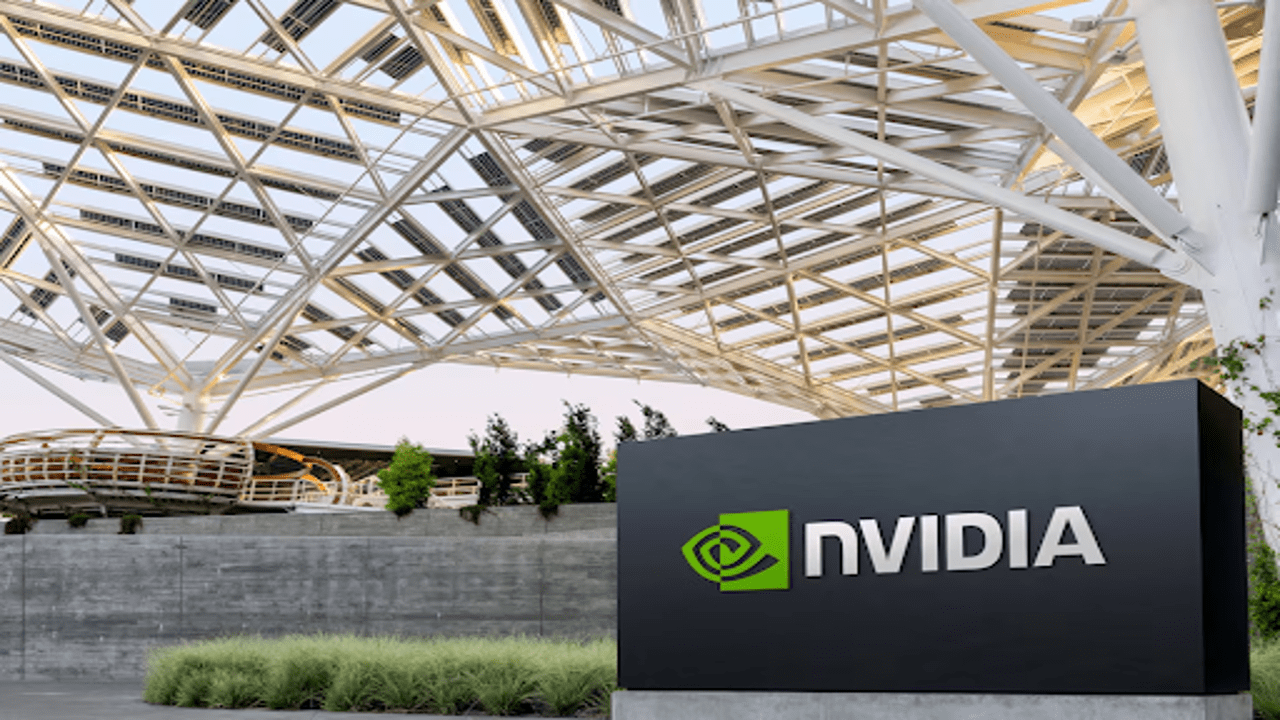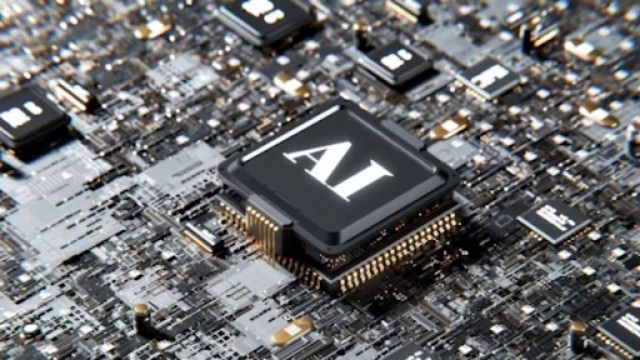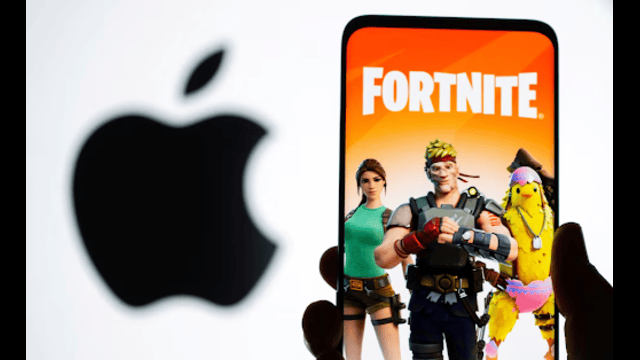
The Nvidia logo displayed at its headquarters in Santa Clara, California, captured in May 2022. (Image provided by Nvidia/Reuters)
Nvidia has introduced a cutting-edge artificial intelligence model that can generate music, alter voices, and create unique sounds. Dubbed "Fugatto," short for Foundational Generative Audio Transformer Opus 1, this technology is designed to revolutionize the creative processes in music production, filmmaking, and video game development. While showcasing its potential, Nvidia clarified it has no immediate plans to release the tool to the public.
Unlike other audio-generating technologies, Fugatto has the ability to modify existing audio in fascinating ways. For instance, it can transform a piano melody into a vocal line or alter a spoken recording’s accent and emotional tone. Another intriguing feature includes generating entirely new sound effects, such as making a trumpet mimic the bark of a dog.
Bryan Catanzaro, Nvidia’s Vice President of Applied Deep Learning Research, highlighted the transformative impact of AI on music and creative industries. “If we think about synthetic audio over the past 50 years, music sounds different now because of computers, because of synthesizers. I think generative AI is going to bring new capabilities to music, video games, and to ordinary folks who want to create things,” he said.
The emergence of Fugatto aligns Nvidia with tech giants and startups exploring generative audio technologies. Companies like Meta and others are also experimenting with similar tools that produce audio or video based on text prompts. However, Nvidia’s model stands out due to its capability to reshape existing audio files rather than merely generating sounds from scratch.
Despite its promising features, Nvidia remains cautious about the risks associated with generative AI. Catanzaro expressed concerns about misuse, such as generating content that could spread misinformation or infringe on intellectual property rights. “Any generative technology always carries some risks because people might use it to generate things we would prefer they don’t,” he explained. This cautious approach has delayed Fugatto’s public release, as the company evaluates its implications and safeguards.
The development of AI models for creative industries has sparked debates over ethical and legal challenges. This tension became evident when Hollywood actress Scarlett Johansson accused OpenAI of using her voice without consent. Nvidia’s Fugatto, like other generative AI models, was trained using open-source data, which reduces but does not eliminate concerns around copyright and misuse.
Companies like OpenAI and Meta, which are also working on similar technologies, have yet to announce when their audio and video generation tools will be publicly accessible. Nvidia’s restraint in releasing Fugatto reflects broader industry hesitations as firms navigate the balance between innovation and ethical responsibility.
This breakthrough highlights the potential of AI to reshape creativity while emphasizing the need for thoughtful implementation. As the technology evolves, its role in music, entertainment, and beyond is poised to be transformative, provided challenges around its responsible use are addressed.















